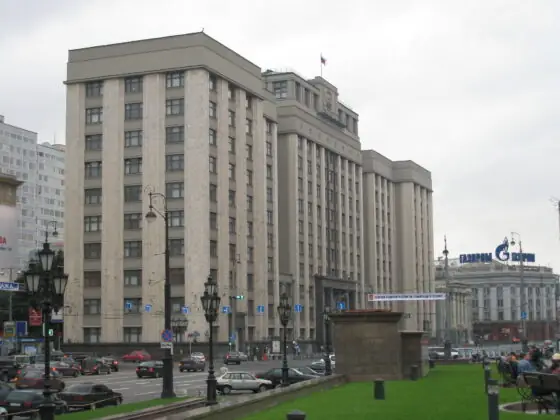In just over five years, Vladimir Putin will be constitutionally obliged to step down as Russia’s president. Although Putin’s popularity rating remains in the 70–85 percent range, and his reelection to a second term in 2004 seems almost assured, the nature of the post-Putin succession is still hard to foresee. This memo argues that given the continuing absence in Russia of reliable institutional mechanisms to ensure a peaceful transfer of power to opposition forces at the ballot box, 2008 will mark a crucial turning point for Russia’s new democracy—the outcome of which may depend on the degree to which currently inchoate anti-American sentiments among Russia’s younger generation can be mobilized by ambitious Russian political elites.
To be sure, there are reasons to be skeptical about predictions of long-term future trends in the turbulent and uncertain post-Soviet milieu. This point can be articulated even more strongly: not only did analysts fail to foresee the collapse of the Soviet Union in 1991; the majority has been systematically wrong about short-term predictions ever since. The dominant Western viewpoint in the early Yeltsin period was that a liberated post-Soviet Russia was prepared to undergo a rather smooth process of transition to democracy and capitalism. But by the fall of 1993, a cascade of sovereignty declarations by Russian ethnic republics and regions posed the threat of state collapse; a near civil war had erupted between President BorisYeltsin and the Russian Congress of People’s Deputies; and mounting economic misery led to a parliamentary electoral landslide in favor of Vladimir Zhirinovskii’s fascists and Gennadii Ziuganov’s Communists. […]








